ADHD: 6 Strategies to Sleep Better Tonight
Posted on January 20, 2014 by Debra Burdick
It is common for people with ADHD to have trouble sleeping. In my book ADHD and Sleep: Kids and Adults Sleep Better Tonight! I show you how to get to sleep and then how to get out of bed in the morning. Here are 6 strategies to help you or your child get to sleep and sleep better tonight.
 1) Set up your bedroom to get the best sleep. Make sure your bed is comfortable and the bedroom is quiet. If there is noise that keeps you awake or wakes you during the night, use a sound machine which provides background noise to screen out street noise or noisy neighbors. Music can serve the purpose of blocking out noise as well. Just be careful that you are not actively paying attention to the music which can cause you to stay awake to listen. Use room darkening shades to make the room dark enough to get great sleep uninterrupted by the light from streetlights, headlights, or early sunrise. Remove distractions from the bedroom such as computers, tablets, cell phones, TV’s, craft projects. The bedroom should be reserved for sleeping and perhaps sex – nothing else. The brain needs to associate the bedroom with sleeping – not doing.
1) Set up your bedroom to get the best sleep. Make sure your bed is comfortable and the bedroom is quiet. If there is noise that keeps you awake or wakes you during the night, use a sound machine which provides background noise to screen out street noise or noisy neighbors. Music can serve the purpose of blocking out noise as well. Just be careful that you are not actively paying attention to the music which can cause you to stay awake to listen. Use room darkening shades to make the room dark enough to get great sleep uninterrupted by the light from streetlights, headlights, or early sunrise. Remove distractions from the bedroom such as computers, tablets, cell phones, TV’s, craft projects. The bedroom should be reserved for sleeping and perhaps sex – nothing else. The brain needs to associate the bedroom with sleeping – not doing.
That being said, I know there are some people who find it easier to fall asleep if the TV (or radio) is on. You know who you are. Some people with ADHD find that watching TV keeps their minds from racing, worrying, and thinking and therefore helps it shutdown. If this is true for you, then put the TV on a timer so it shuts off automatically by a certain time. This will allow you to sleep more restfully during the night without the constant play of lights across your eyelids from the TV.
 2) Keep a regular bedtime and get up at the same time every day – even on weekends. Humans are creatures of habit and sleep is very habitual. We will fall asleep more quickly and sleep more efficiently if we train ourselves to go to bed at the same time every night and get up at the same time every morning. This step is usually especially difficult for those with ADHD. But it is a key factor in regulating sleep and well worth your effort to practice.
2) Keep a regular bedtime and get up at the same time every day – even on weekends. Humans are creatures of habit and sleep is very habitual. We will fall asleep more quickly and sleep more efficiently if we train ourselves to go to bed at the same time every night and get up at the same time every morning. This step is usually especially difficult for those with ADHD. But it is a key factor in regulating sleep and well worth your effort to practice.
3) Plan ahead to set yourself up for a great night’s sleep. First, figure out how much sleep you would like to get. Think about how you felt when you got three hours versus seven hours. Then think about what time you have to get up in the morning. Work backwards from that time to figure out what time you have to go to sleep to get the number of hours you need. For example; let’s say you have to get up at 6:30AM and you know you function best with 7 hours of sleep. That means you need to be sleeping by 11:30 PM. If you need 8 hours of sleep, get to sleep by 10:30 PM.
Now that you know what time you must be asleep, plan the evening so you will be sleeping by then. Work backwards from your sleeping time to allow yourself time to get things done. Be sure to include down time to calm down your brain before getting in bed.
Set an alarm to remind you when you need to start your bedtime routine. Many people with ADHD never get to bed on time because they are ‘too busy to sleep’. They get involved in doing something and lose track of time. An alarm will help you prevent this from happening to you. Leave it set so it goes off at the same time every night.
4) Neurofeedback is an excellent option for improving sleep. Neurofeedback is a form of biofeedback on brain waves that helps you regulate your brain state. Studies have shown that Neurofeedback works as well as Ritalin for Attention Deficit/Hyperactivity Disorder and is highly effective in helping people improve their mood, reduce anxiety, think more clearly, concentrate better, and sleep more efficiently. It can be a great option not only for improving sleep but for treating the underlying dysregulation of brains with ADHD. My clients are often able to reduce or eliminate medications after doing Neurofeedback. It is approved by the FDA for stress management.
For more information about Neurofeedback, visit my website: https://thebrainlady.com/services/neurofeedback-and-self-regulation/.
5) Cognitive Behavioral Therapy (CBT) is another effective option for helping you improve your sleep. CBT helps you examine and change your thoughts, feelings, and behavior, in this case, as related to your sleep. A CBT psychotherapist can guide you through the process of improving your sleep hygiene. CBT programs have been shown to be as effective as pharmacologic treatment, with better maintenance of benefit at long-term follow-up. For more information about CBT visit my website: https://thebrainlady.com/services/psychotherapy/.
 6) In order to transition to the sleep state you must stop activities that activate your brain and follow a routine that calms you and prepares your brain for sleep. Here is a checklist of action steps you can take to fall asleep better tonight:
6) In order to transition to the sleep state you must stop activities that activate your brain and follow a routine that calms you and prepares your brain for sleep. Here is a checklist of action steps you can take to fall asleep better tonight:
- Avoid caffeine, alcohol, and sugar during the evening.
- Shut off the TV an hour before bedtime.
- Do quiet activities such as reading, writing, or drawing before bed. Dim the tablet brightness.
- Take stimulant ADHD medications early enough that they don’t interfere with your sleep.
- Take a warm, quiet bath
- Listen to music that helps you relax and block out thoughts
- Listen to a progressive relaxation meditation CD1
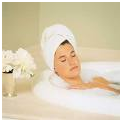 Listen to a guided imagery CD
Listen to a guided imagery CD- Meditate –learn how here
- Turn the lights down low
- Write in a journal.
- Keep a daily gratitude journal listing all the things for which you are thankful.
- Practice some mindfulness breathing techniques.
- Make Love.
- Have a bedtime back rub in bed.
- Sleep in a comfortable bed.
- Sleep in a bedroom reserved for sleeping (and sex) and no other activity.
- Maintain a regular sleep schedule and get up at the same time in the morning regardless of how long you slept.
- Avoid daytime naps.
- Go to bed only when sleepy.
- Get out of bed if you are unable to fall asleep or go back to sleep easily and stay up until you feel sleepy doing a non-goal directed activity.
Sleep well tonight!
I would love to hear your personal experiences with this topic.
Categories: ADHD, Anxiety, Articles, Mindfulness, Peak Performance, Self Regulation, Sleep
Tags: ADHD, ADHD and sleep, How to fall asleep, Improve sleep, Sleep, Sleep better tonight, Sleep hygiene

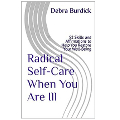
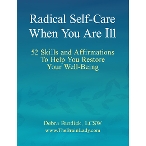
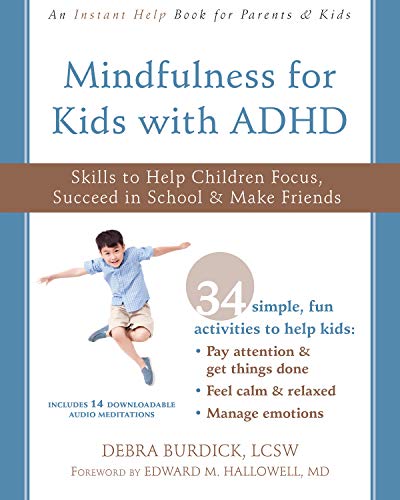
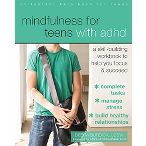
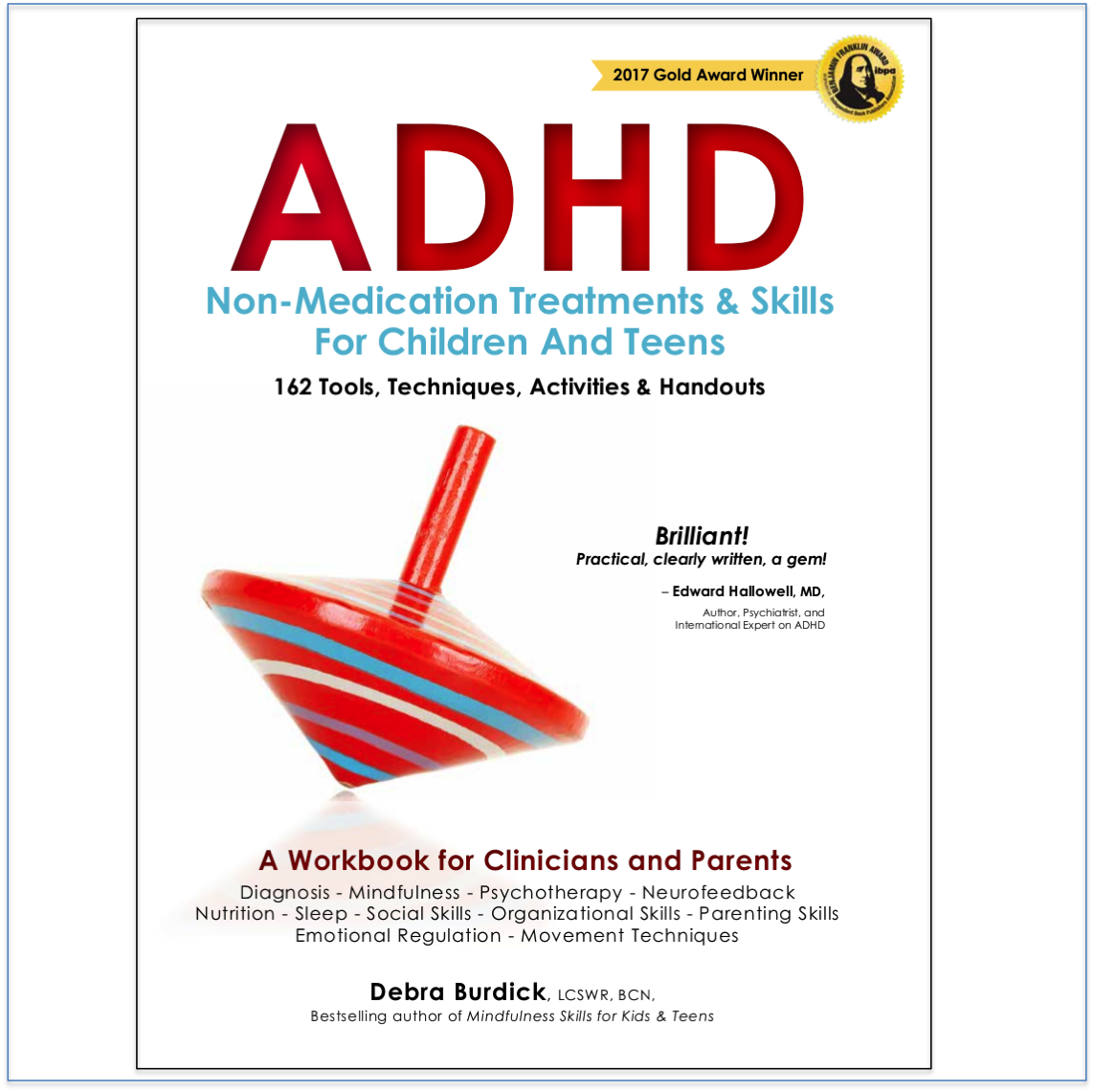
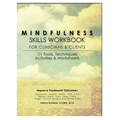
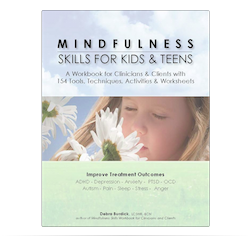
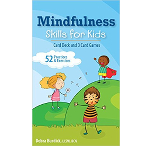
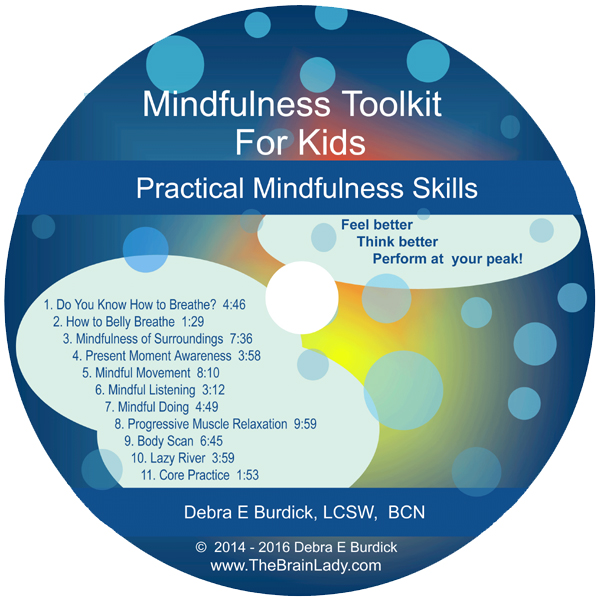
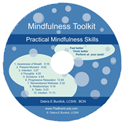
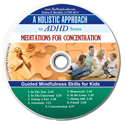
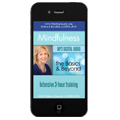
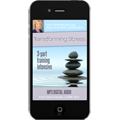
No comments yet. You should be kind and add one!
The comments are closed.